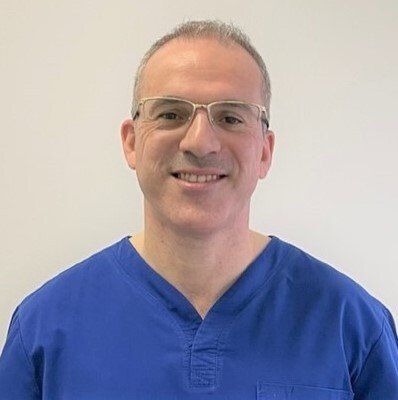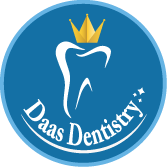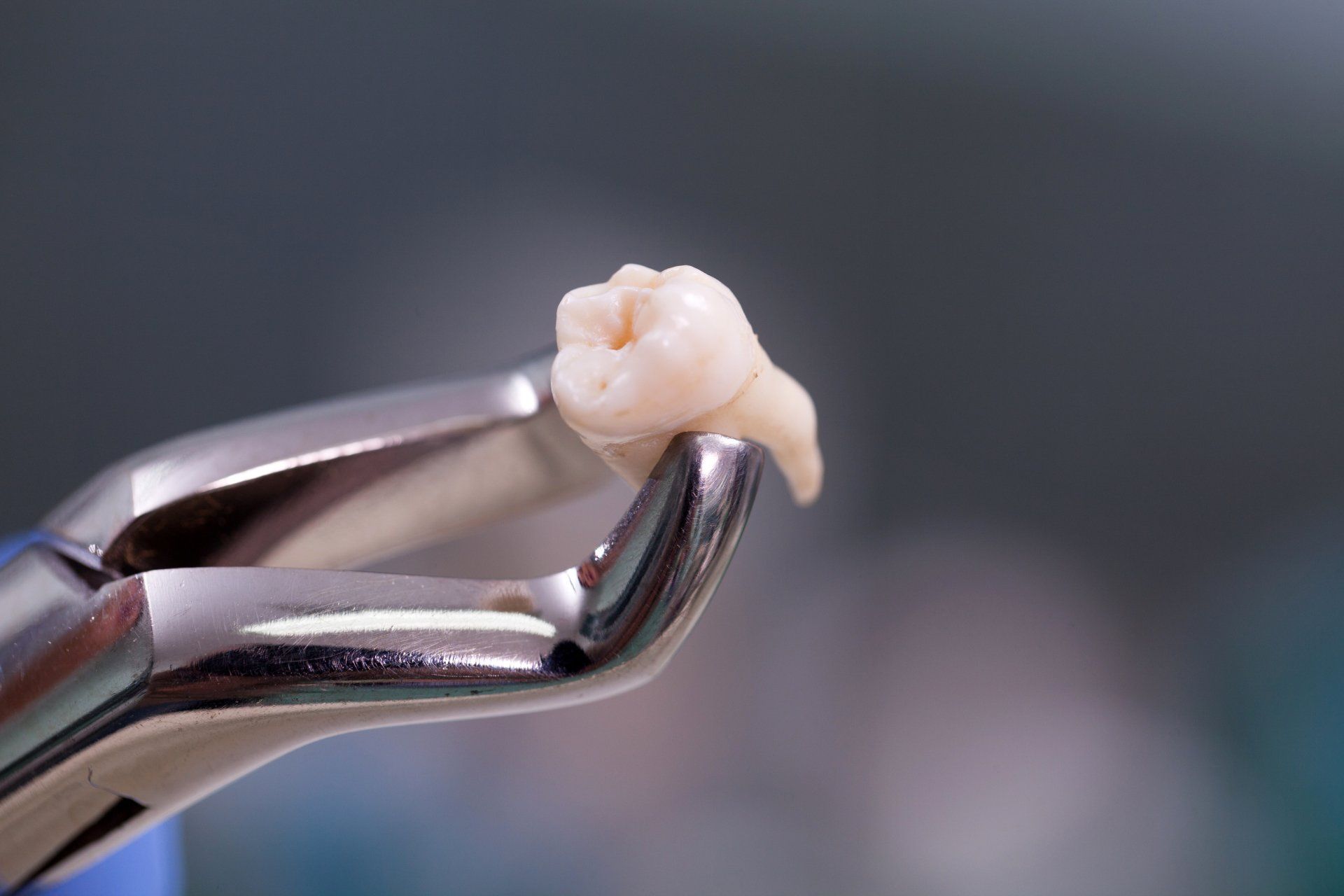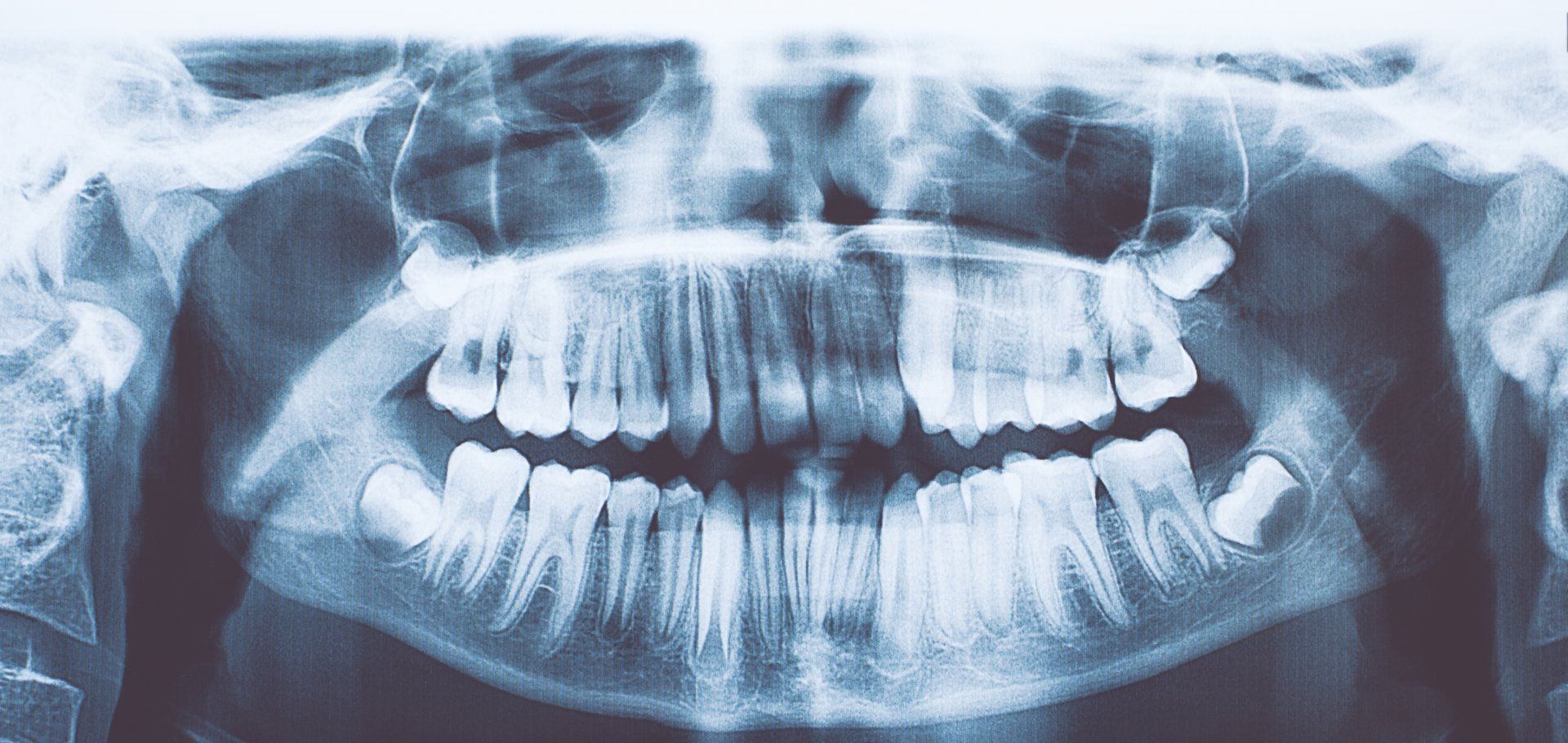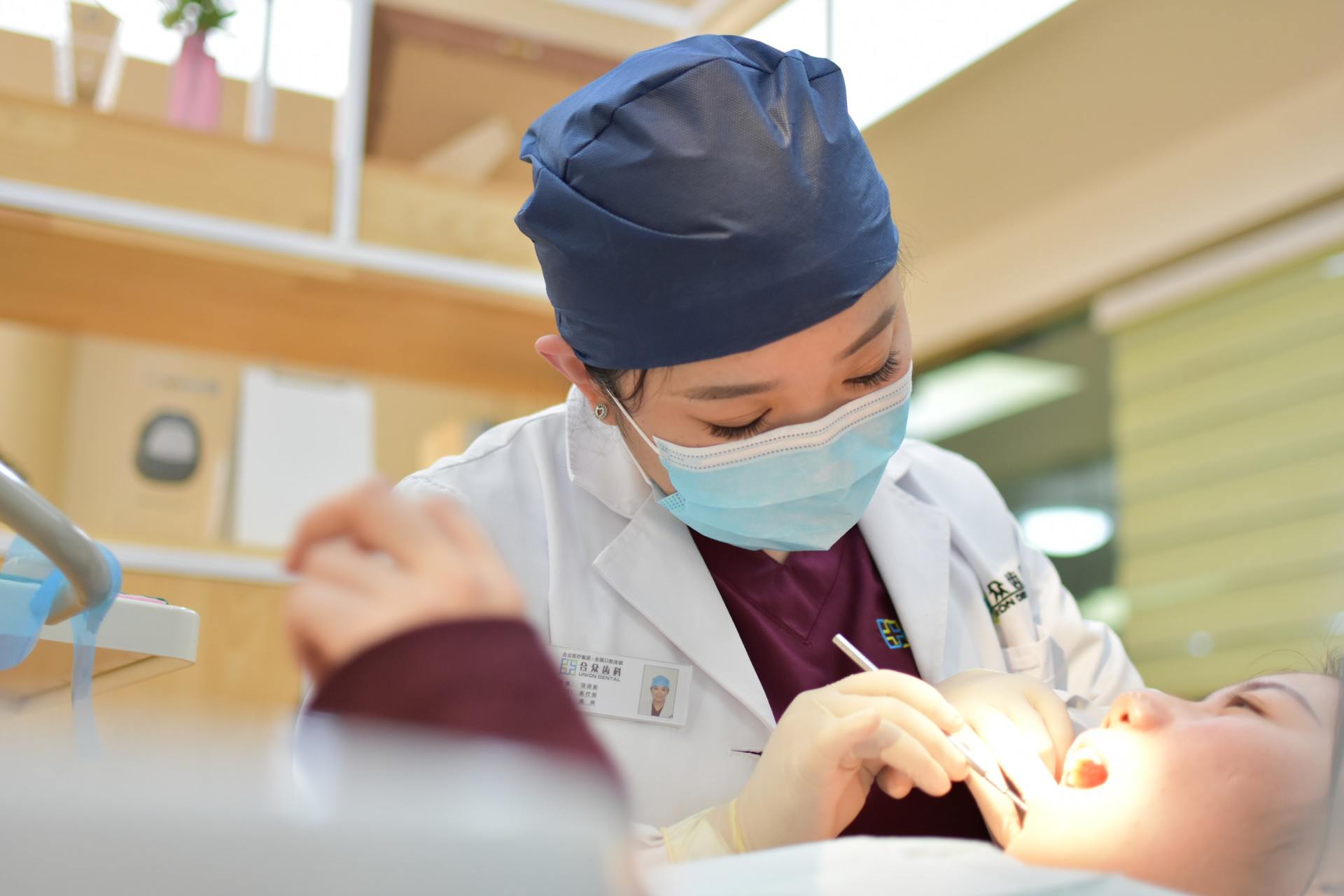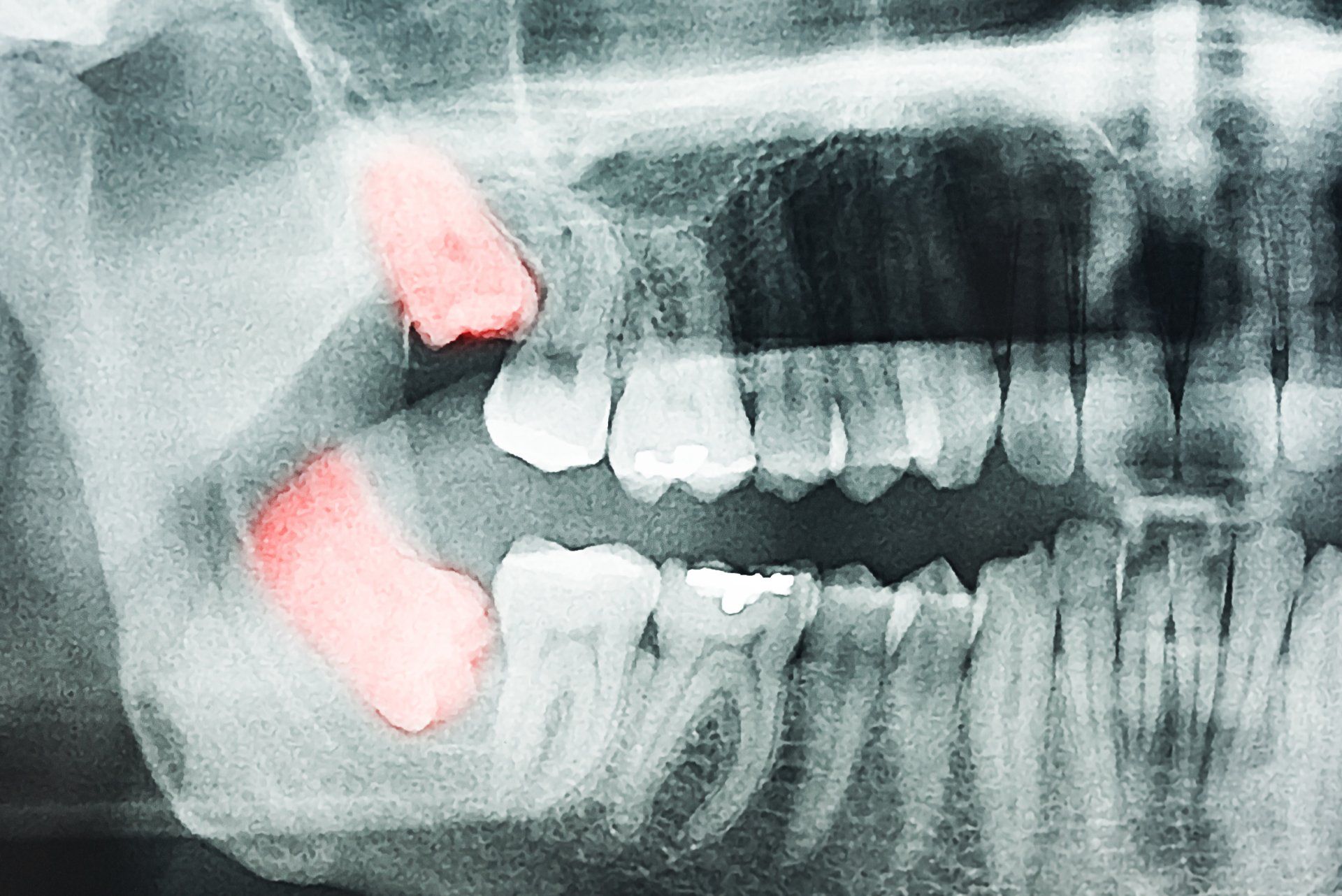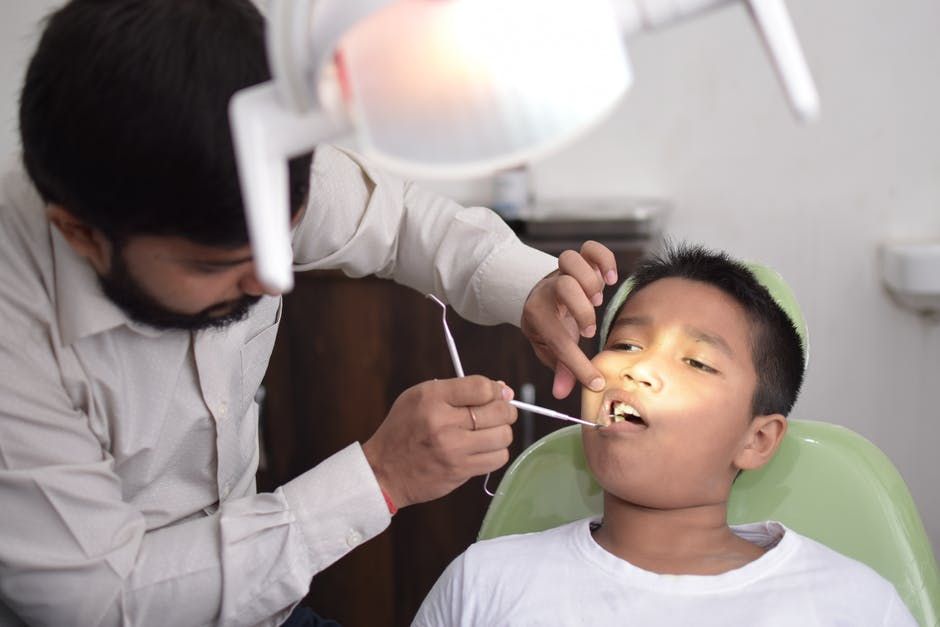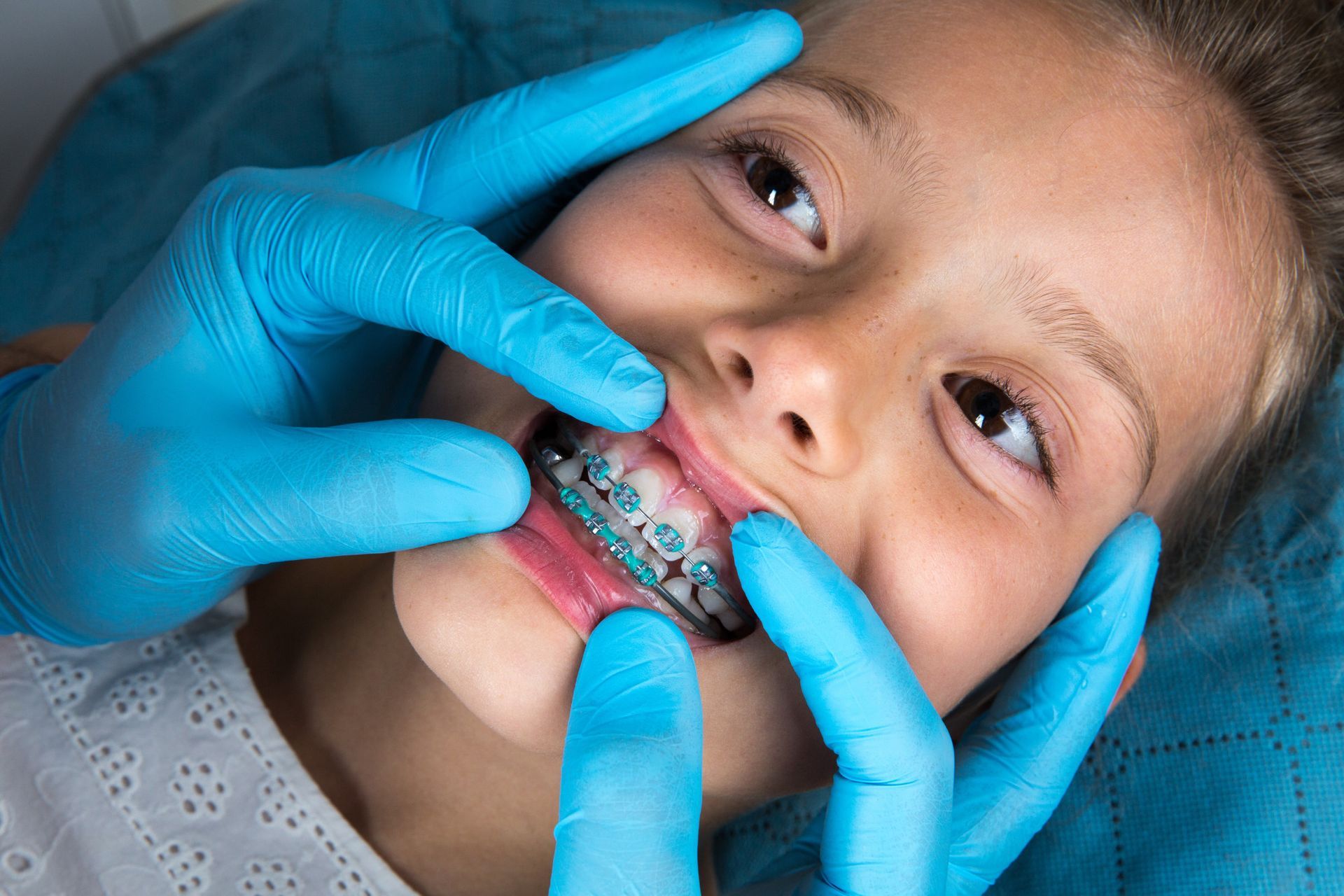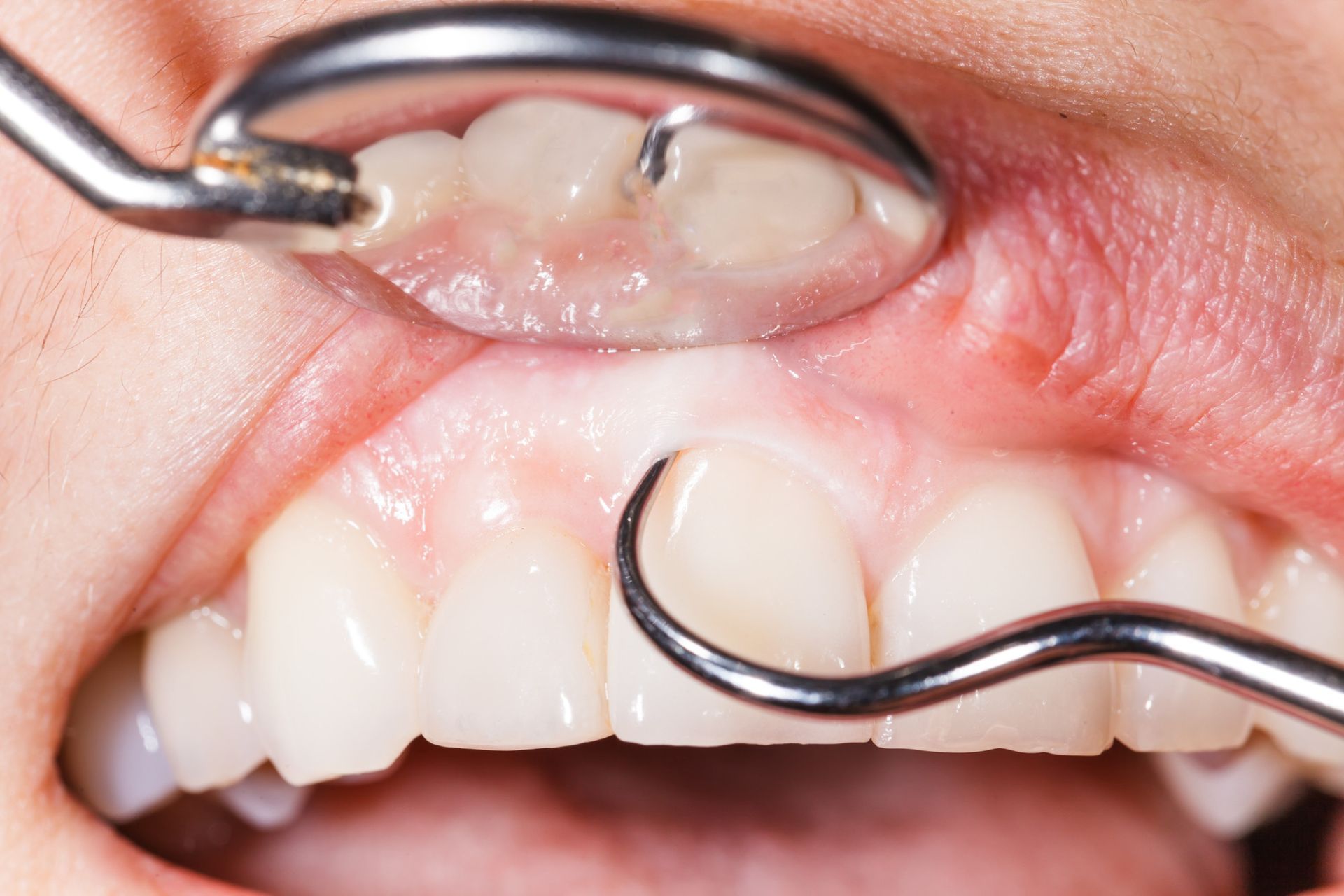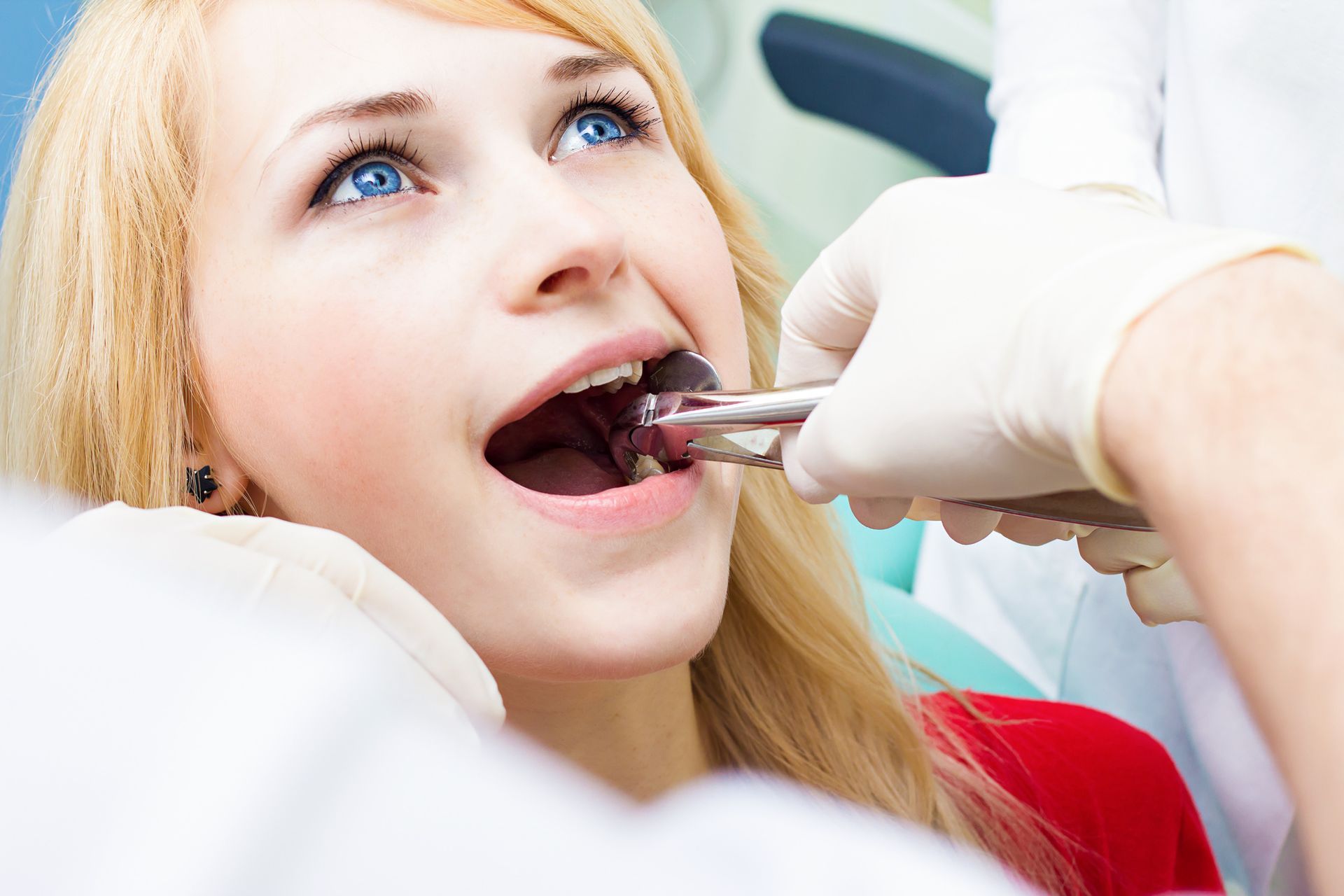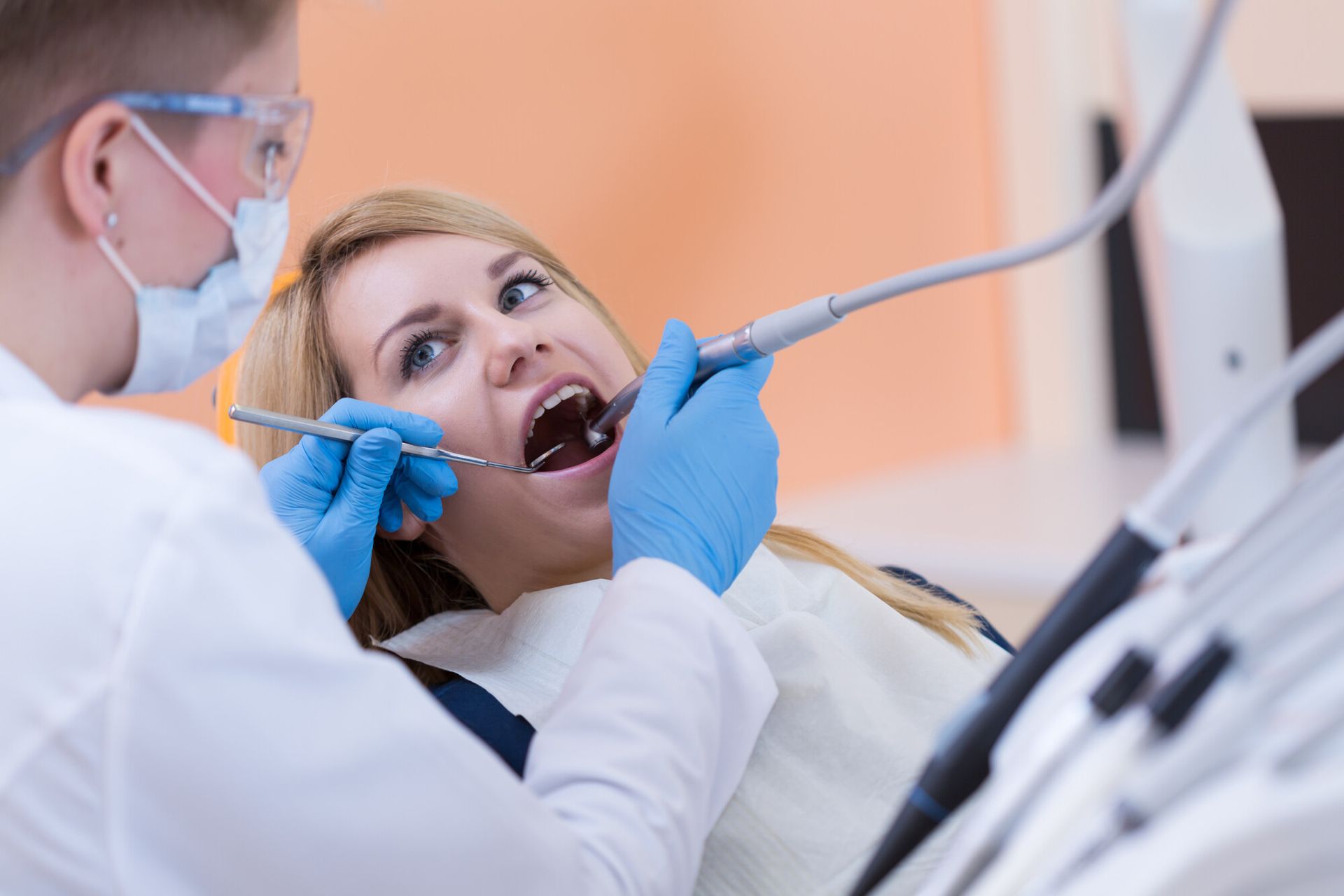How to Take Care of Your Teeth in Between Dentist Visits
Results of Poor Dental Hygiene
Gum Disease
Gum disease is a major risk factor if you fail to brush your teeth regularly. Plaque forms on your teeth from a buildup of bacteria that are normally brushed and rinsed away each day. However, if you fail to brush your teeth after a certain amount of time, tartar can form.
This buildup of plaque and tartar can lead to gum inflammation called gingivitis. Your gums will become inflamed and bleed easily while brushing or flossing. The bone that holds your teeth in place can also start deteriorating as your immune system fights the infection.
There are gum treatments available if you're having issues with gum tenderness, swelling, pockets, or more.
Cavities
As plaque and tartar build-up on your teeth over time, they can also start eating away at the enamel of your teeth. Eventually, holes in your teeth are formed called cavities.
If you don't treat a cavity soon enough, the inside of your tooth will decay. This will require more extensive dental work such as a root canal, crowns, fillings, or even the total removal of your tooth!
You may have a cavity if you're experiencing toothaches, especially after eating sweet, hot, or cold foods. You may also notice pits or holes in your teeth on closer examination.
Heart Disease
One aspect of poor dental hygiene that's often overlooked is that it affects more than just your mouth. Bacteria buildup in your mouth can also creep into your bloodstream, affecting the valves of your heart.
If you're at risk for diabetes or heart disease, it's important to take daily oral hygiene seriously to mitigate the risk of bacteria buildup. It's even more important if you have artificial heart valves.
How to Take Care of Your Teeth
Brush Your Teeth Regularly
The top tip is to remember to brush your teeth at least twice a day. The best times to brush are in the morning before your breakfast and in the evening before you go to bed.
The reason you want to brush before you eat instead of after is because you're brushing away bacteria that may have built up in your mouth overnight. Brushing without rinsing in the morning also ensures that there's a protective layer of fluoride toothpaste on your teeth guarding against the acidic effects of coffee, sugar, and orange juice.
Use the Right Tools
Brushing with an electric toothbrush is recommended over a regular one, as you'll be able to get a deeper clean. However, brushing with a regular toothbrush is still a good option, especially if you're on a budget. Just remember to purchase a new toothbrush at least every three months.
Here are some of our top recommendations for the best electric toothbrushes:
- Regular brushing and flossing
- Oral-B Pro 1000
- Philips Sonicare DiamondClean
- Oral-B GENIUS X
- Philips Sonicare Flexcare Plus
- Smile Direct Club Electric Toothbrush
- Rotadent Contour
If you want to purchase an electric toothbrush, take into account your budget as well as your own tooth problems. For instance, the Rotadent Contour is one of the best options for sensitive gums. The Smile Direct Club toothbrush is great for people on a budget.
You'll want to use a soft-bristle toothbrush regardless of whether it's electric or manual. This is because you don't want to irritate your gums by putting too much force or pressure on them.
Brush the Right Way
There's also the right technique while brushing. Make sure you're brushing long enough by humming the "happy birthday" song to yourself as you brush, or listen to a song that's two minutes long.
With your toothbrush at a 45-degree angle towards the gum line, brush the front of your teeth first, then the inside linguals, and lastly the biting surfaces of your teeth. Ensure that you're using small circular motions if you're using a manual toothbrush.
It's also important to remember not to put too much pressure. If you're using an electric toothbrush, glide it slowly across the surfaces of your teeth at the same angle.
Don't Rinse
This tip may take some getting used to, but it's often recommended to avoid rinsing after you're brushing your teeth. The reason for this is because you want a nice layer of toothpaste to remain on your teeth. This helps the fluoride do its job more effectively at protecting your teeth against bacteria.
Fluoride also works better when it's left on your teeth over time. Think about the way you clean your countertops at home–many cleaning products recommended letting the product sit for a few minutes before wiping it away. The same logic is applied here.
Floss Your Teeth
Did you know that only 28% of Canadians floss their teeth? This is understandable, as flossing seems to be an unnecessary step in an already long dental hygiene process. However, once you make a habit of flossing your teeth you can greatly speed up the process.
Start by wrapping a few inches of floss on each of your index fingers. Then slide the floss in-between your teeth and "hug" either side of your teeth, ensuring that you're getting all of the particles out on either side.
If you're not able to get used to using floss, there are also a number of alternatives that you can use such as:
- Interdental brushes
- Water flossing
- Dental picks
- Pre-threaded floss
- Soft-Picks
Many of these options are the best alternatives if you're wearing braces. Once you get used to flossing, make sure that you floss before you brush your teeth. This will make it easier for the toothpaste and bristles of your brush to reach areas where food particles were previously blocking.
Don't Forget Your Tongue
The tongue is an often forgotten part of an oral health regime, even though it's a prominent muscle in your mouth! The surface of your tongue can also harbor bacteria, so it's important that you brush your tongue after you're done brushing your teeth.
Use gentle, circular motions as you would with your teeth. You can also use a tongue scraper in order for more effective cleaning. If you do use a tongue scraper, start at the back of your mouth and draw the scraper down to the tip of your tongue. Rinse it off and then do it again a few number times until your tongue looks noticeably cleaner. If you suffer from bad breath, you'll find that cleaning your tongue regularly will help reduce it.
Healthy Teeth In-Between Dentist Visits
